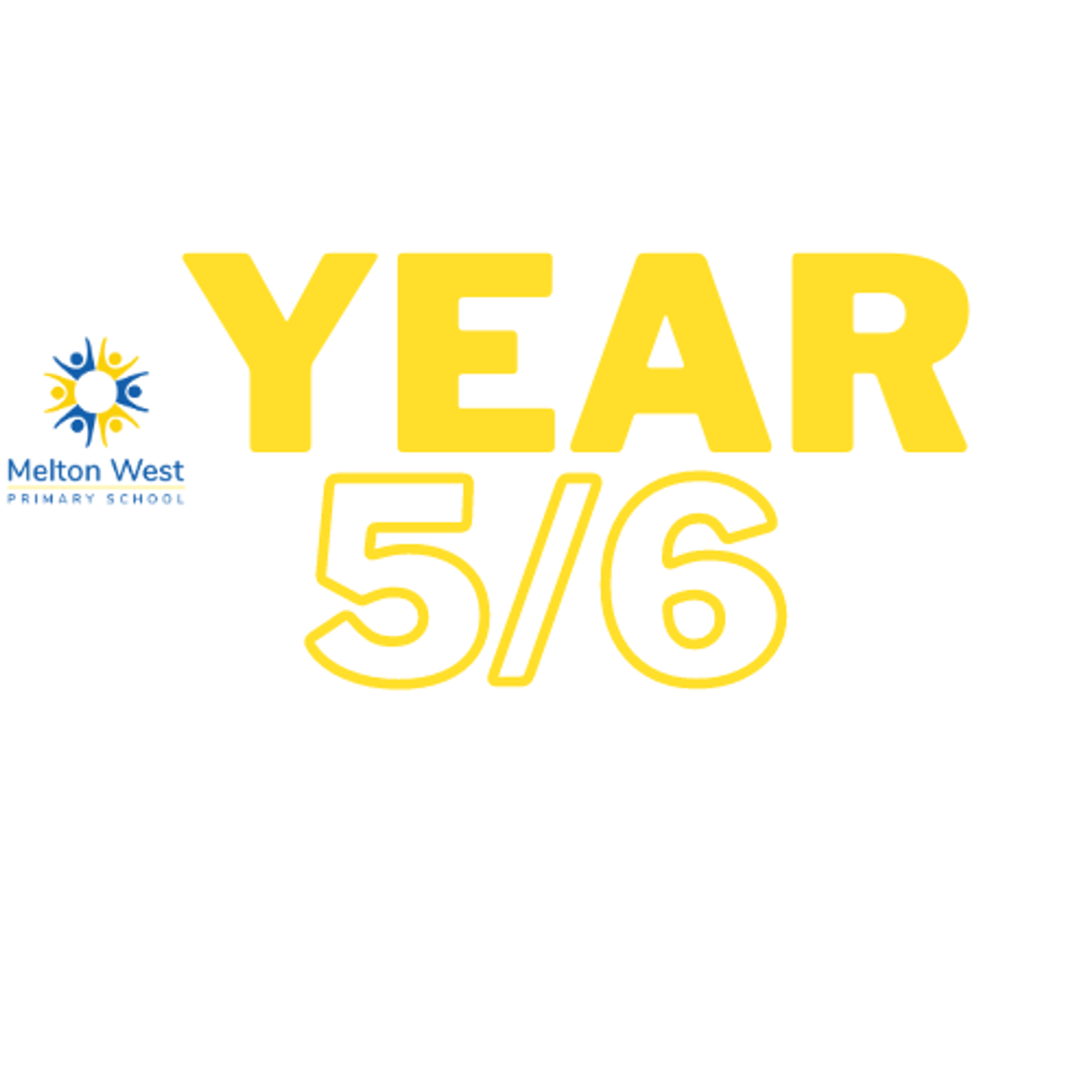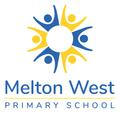Year 5/6 News

Reading
In Reading this term the 5/6 students will be focusing on a unit around Analysing and Critiquing through an author study around Shaun Tan. The students will be exposed to a range of his texts and will be exploring his craft as an author and an illustrator. The grade 5/6s will be first showing what they know about analysing texts by looking at an image from one of Shaun Tan’s books. Throughout the term the students will explore different language devices, structures, themes and craft. They will work with their teachers and peers to discuss the style, tone, mood and visual techniques used by Shaun Tan. The students will look deeper into the types of visual devices used in text and then critique these texts by evaluating the overall quality and effectiveness of the text.
Writing
In Writing this term the grade 5/6 students will be focusing on a unit around Biographies and Autobiographies. The students will begin the topic by being immersed in a range of examples of the text type. They will then work with the teacher to deconstruct a biography and an autobiography, focusing on its structural features and language. The students will practice writing an orientation that clearly introduces their topic, grouping related information into well-sequenced paragraphs and finishing their text off with a concluding statement. The students will work on including facts, figures and statistics when appropriate to support their writing and quoting direct evidence from different sources. To extend their work, the students will look at adapting a text to suit different audiences and comparing people and ideas within their texts. The students will work on following the writing process by planning, drafting, revising and editing their work before producing their published copies.
Mathematics
This term in Mathematics, the grade 5/6 students will be continuing their work on Multiplication and Division for the first couple of weeks. This unit will be running alongside our work on capacity where students will be applying their multiplication strategies to real world problems involving the capacity of containers holding millilitres and litres. The students will be exploring appropriate units of measurement used when measuring capacity and will be practising converting between common metric units of capacity. The students will then move onto a major focus on Fractions and Decimals where they will be solving problems that build their understanding of fractions, decimals and percentages. They will be exposed to strategies for working out percentage discounts and applying these strategies to a range of problems. While building their understanding of fractions, the students will be working through a minor unit on probability where they will identify the possible outcomes of situations using words and numerical values. They will conduct repeated chance experiments including those with and without equally likely outcomes. The students will then work on describing probabilities using fractions, decimals and percentages. The grade 5/6 cohort will end the year with a unit on Money and Financial Mathematics. Throughout this unit they will solve practical problems involving addition, multiplication and financial planning. They will also work on using efficient mental and written calculation strategies to solve problems involving budget planning.
Inquiry
This term, our Grade 5/6 students are embarking on an exciting journey of discovery through the Inquiry unit titled “Mother Earth”. This unit offers a unique opportunity for students to dive deep into understanding the relationship between people, places, and the environment. Over the course of the term, they will develop their geographical knowledge and critical thinking skills by exploring how human and natural elements shape the world we live in. The students will be exploring how the country’s climate and landforms influence where and how people live. They will explore how the impact of bushfires or floods on people can be reduced. As part of this unit, students will engage in comparative studies, looking at how Australia measures up to other countries around the globe. They will identify and describe important locations across various regions, gaining a better understanding of different landscapes and climates. This comparative approach allows students to appreciate the unique features of Australia and its environment while learning about other parts of the world.
Science
In Science, the Term 4 unit is called ‘Facts of the Matter’. This Chemical Sciences unit explores the concept that solids, liquids and gases have different observable properties and behave in different ways.
The objects for the unit are:
- To activate students' prior knowledge of solids, liquids and gases
- To introduce students to key terms and concepts related to matter and states of matter
- To identify the observable characteristics of solids and how they behave in different ways
- To identify the observable characteristics of liquids and how they behave in different ways
- To observe that gases have mass and take up space
- To explore the way solids, liquids and gases change in different situations
- To recognise that substances exist in different states depending on the temperature
- To explore how knowledge of states of matter and their changes can help inform practices and decision making
- To recognise that not all substances can be easily classified on the basis of their observable properties
Music
In Music, students will continue to work collaboratively in small groups to create musical compositions, further developing their control over the elements of music. They will build their knowledge of the notes in the C major scale through singing new songs and playing tuned percussion. They will extend their understanding of how pitched notes are represented on a stave in formal notation. They will also learn how to combine different singing parts and musical instruments to perform songs. This term, students will be introduced to the ukulele and learn finger techniques for strumming open strings and learning one-finger chords. They will learn to combine musical elements in composing music with electronic resources. Students will work cooperatively in small groups and as a whole class and be encouraged to perform and celebrate their achievements.
Art
Welcome to Term 4 Art, this term the grade 5/6 students will further their exploration of various art forms, focusing on manual and mental creativity. They will delve into Mosaic, origami, macrame, and other art forms, combining their prior knowledge and innovation to design unique picture frames. This term, students will dedicate time to creating keepsakes to commemorate their final term of the 2024 school year.
P.E
In this term the interschool sport opportunity for the grade 5/6 students is rugby. Good luck for those attending and I am sure you will do the school proud. Over the course of the school year, we have represented the school in various sports and each student has enjoyed themselves and taken the opportunities up well. I look forward to continuing to build the interschool sport program next year.
In addition to this final fantastic interschool opportunity there will be some wonderful learning that will take place for the students in 5/6. During this term students in 5/6 will focus on badminton and hockey. Students will take a games-based approach for each of these sports and will be able to engage and play in small-sided games to show their skill development and knowledge. Students will try and use strategy in each of these games and will need to work with other students to problem-solve. For these sports there will be continued skill development in fundamental motor skills. These will include throwing, catching, striking, running, jumping, and dodging. This term should be a fun one for the 5/6 students to conclude the year. I am looking forward to working with each student and helping them all learn and develop their skills in physical education.
LOTE - Auslan
Welcome to Grade 5/6 Auslan, Term 4. The focus this term will be on the following topics:
People, Sports, Mealtimes, Time, Occupations, Seasons, Handshapes #2, Storytelling
and Celebrations. In the final lesson we will see interviews with Deaf people discussing their deafness, family, early life (Deaf Culture) etc and we will also revisit games and lessons that the students will enjoy through the term. Other core elements of Auslan, such as Constructed Action (mime) and Depicting Signs (representing people, animals and vehicles), Handshapes, Fingerspelling and Facial Expression, will be taught and modelled, showing how they are essential parts of Auslan communication.
This final term for the year will build on previous skills and extend student communication
in Auslan. Learning a language requires immersion, repetition, sequential learning
where topics build on each other to expand the learner’s knowledge, confidence, and
comfort with the new language. With Primary School students, fun activities practising new learning is a priority, as students develop greater self-confidence with the Auslan language.
On the 26th of November, students will participate and engage in a check in visit and will be given an opportunity for each class to meet and interact with a Deaf person. The team attending on the day will be an Australian Education Services Team Leader, Deaf team member, and an Interpreter. The Deaf team member will begin by presenting to the children about their life as a Deaf person, followed by signing with the students, and some question time. This will provide students with a first-hand interaction with a Deaf person and give them a look at Deaf culture. Sessions on the day will run for 30 minutes. It will also be a good opportunity to provide support for students and staff.
